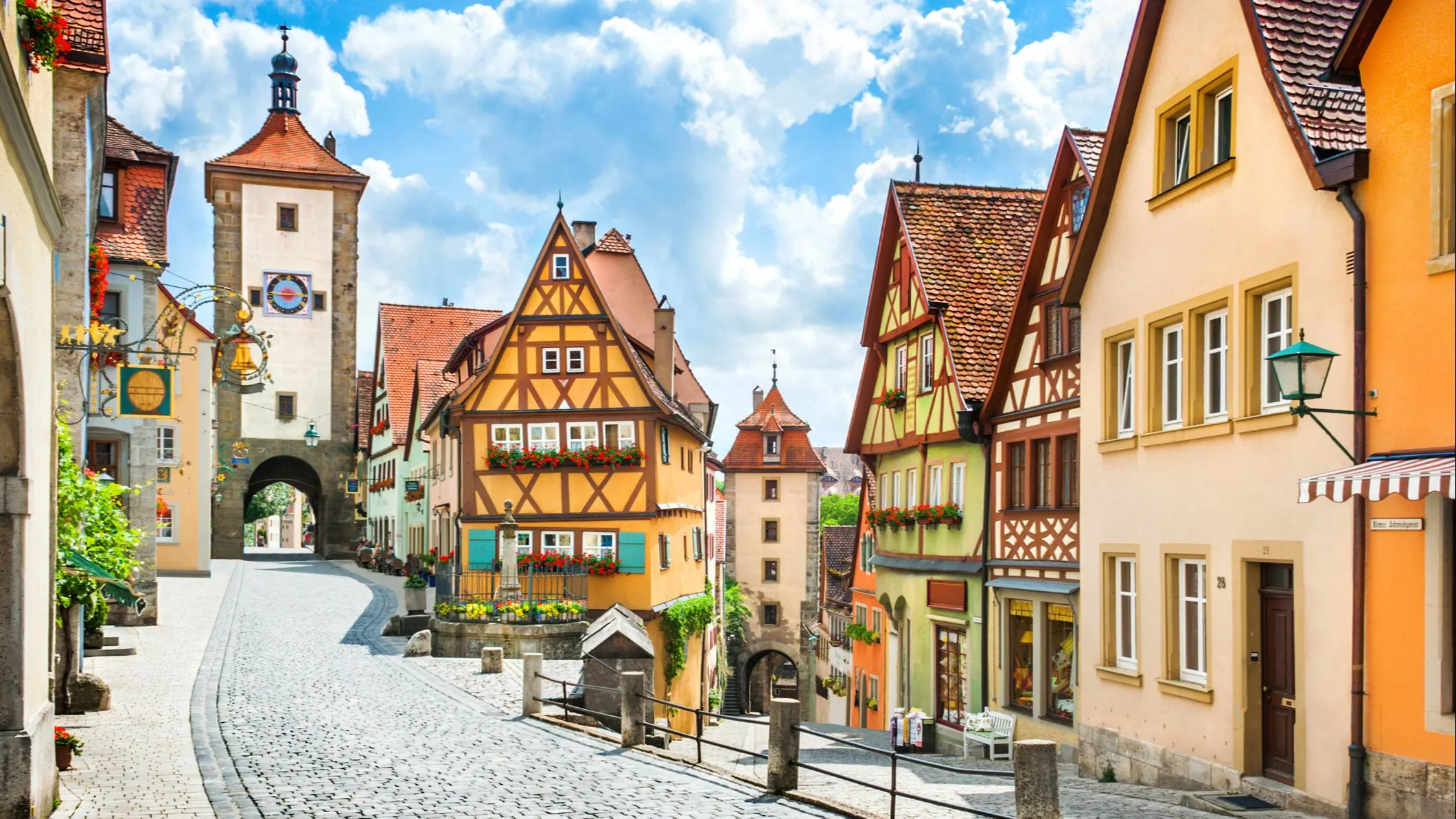
Living in Germany offers a unique mix of advantages and disadvantages. Here's a rundown of some of the most notable aspects:
The Good
- High Quality of Life:
- Germany offers excellent healthcare, robust public transportation, a high standard of education, and well-maintained infrastructure. Its cities consistently rank among the most livable globally.
- Work-Life Balance:
- Germans value work-life balance, with shorter work hours and ample paid vacation time compared to some other countries. Sundays are reserved as rest days, with most stores closed.
- Job Opportunities and Economic Stability:
- Germany is Europe’s largest economy with strong industries in automotive, engineering, and technology, which translates to steady job opportunities, especially for skilled professionals.
- Social Security and Benefits:
- The social welfare system is extensive, offering various safety nets for citizens, from unemployment benefits to maternity leave.
- Natural Beauty and Clean Environment:
- Germany has stunning landscapes, from the Bavarian Alps to the Black Forest, and a strong emphasis on environmental protection, with many green spaces and parks even in urban areas.
- Rich History and Culture:
- Germany boasts a deep history with countless castles, museums, and historical sites. It’s also a hub for cultural events, festivals (like Oktoberfest), and art.
The Bad
- Bureaucracy:
- German bureaucracy is notoriously complicated and slow. Paperwork for things like permits, visas, or even apartment rentals can be tedious, and almost everything is documented on paper.
- Cost of Living:
- Major cities like Munich, Frankfurt, and Berlin can be quite expensive, especially for housing. Rent and other costs can strain budgets, particularly for newcomers.
- Language Barrier:
- While many Germans speak English, especially in larger cities, the primary language is still German. It can be challenging to navigate everyday life without at least a basic understanding of the language.
- Weather:
- The climate can be a downside, especially for those from warmer countries. Winters can be long, dark, and cold, with limited sunshine even in the summer.
- Reserved Social Culture:
- Germans can be perceived as reserved or distant, especially compared to other cultures. Making friends might take longer, and people generally value their personal space and privacy.
- Strict Rules and Regulations:
- Germany has many regulations, from strict recycling laws to rules on noise, which may feel restrictive to some. For instance, loud noises are discouraged on Sundays, and there are even rules about when to take out the trash or mow the lawn.
Overall, Germany provides a high standard of living, but it may take some time to adjust to the culture, language, and customs.